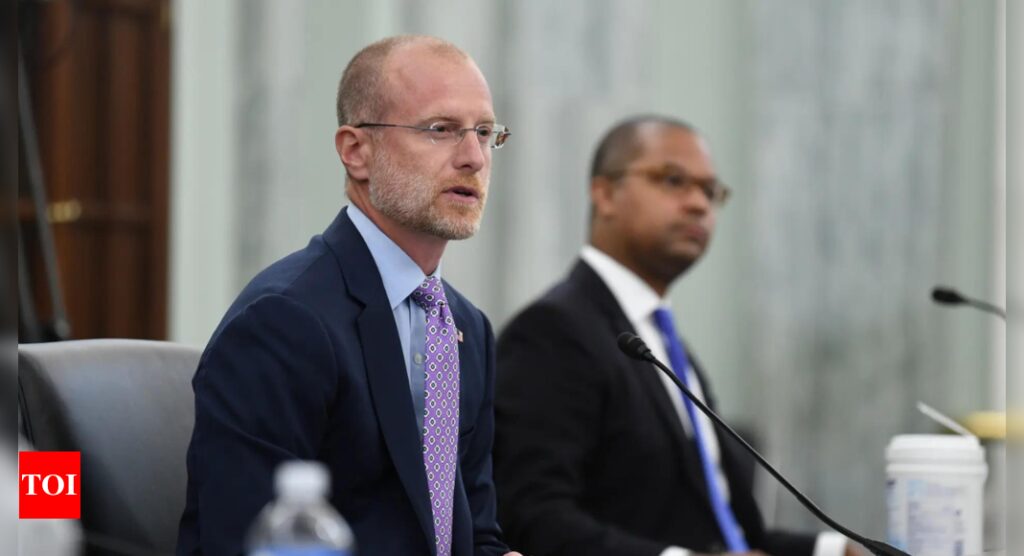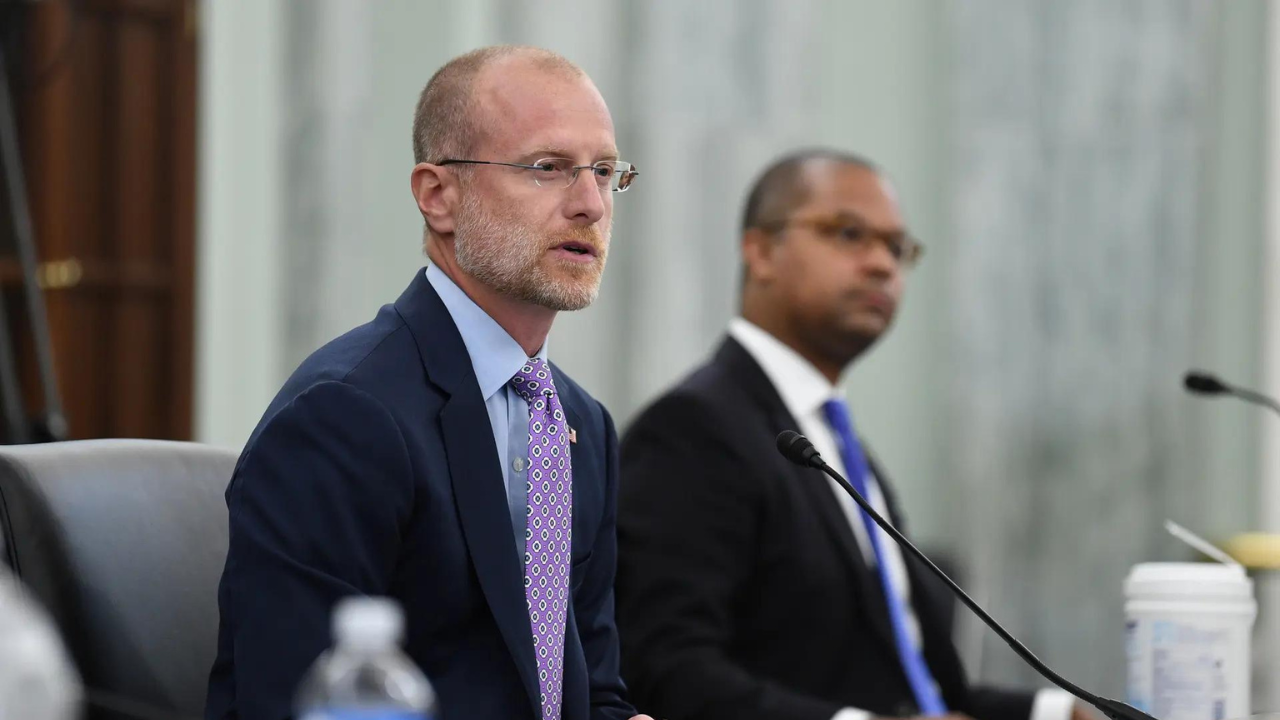President-elect Donald Trump on Sunday chose Brendan Carr to be chair of the Federal Communications Commission, nominating a veteran Republican regulator who has publicly agreed with the incoming administration’s promises to slash regulation, go after Big Tech and punish TV networks for political bias.
Carr, who currently sits on the commission, is expected to shake up a quiet agency that licenses airwaves for radio and TV, regulates phone costs, and promotes the spread of home internet. Before election, Trump indicated he wanted the agency to strip broadcasters such as NBC and CBS of their licensing for unfair coverage.
Carr, 45, was the author of a chapter on the FCC in the conservative Project 2025 planning document, in which he argued that the agency should also regulate the largest tech companies, such as Apple, Meta, Google and Microsoft.”The censorship cartel must be dismantled,” Carr said last week on X.
Carr could drastically reshape the independent agency, expanding its mandate and wielding it as a political weapon for the right, telecommunications attorneys and analysts said. They predicted Carr would test the legal limits of the agency’s power by pushing to oversee companies such as Meta and Google, setting up a fierce battle with Silicon Valley.
Carr won’t have free rein to make changes. The Federal Trade Commission and the department of justice have taken on the biggest roles in regulating tech. Congress oversees the FCC’s budget, and it would probably take new legislation to expand the agency’s regulatory oversight over companies such as Google and Meta, which are not defined as communications services, legal experts said. The FCC is also prohibited from punishing television and radio stations for editorial decisions. Still, Carr could use the bully pulpit of the agency to pressure companies, the experts added. He could also threaten to block mergers or probe regulatory failures.


